Austrian Chancellor Karl Nehammer will resign after failing to form a moderate coalition government.
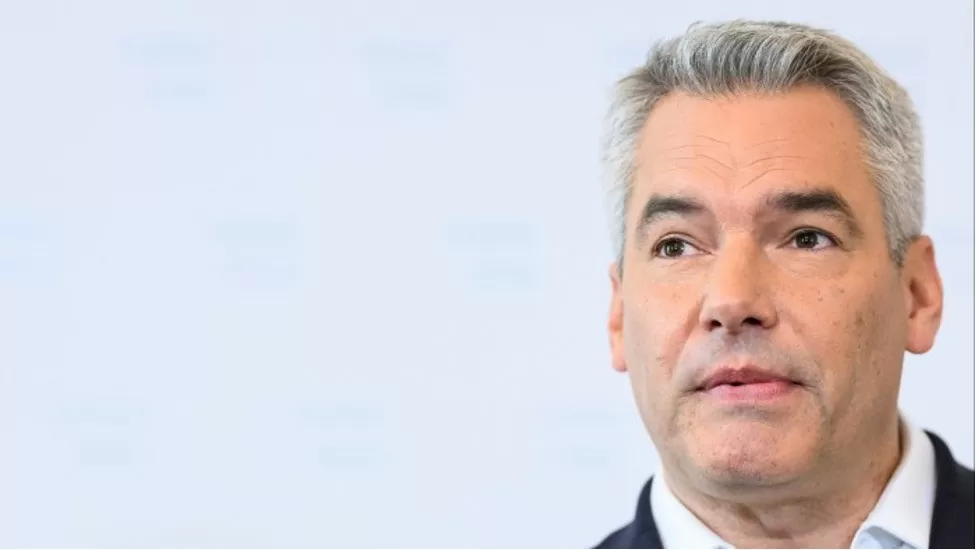 |
| Austrian Chancellor Karl Nehammer has announced he will step down as leader of the moderate conservative People's Party. (Source: FT) |
Austrian Chancellor Karl Nehammer has announced his resignation after months of efforts to form a centrist coalition that excludes the far right failed.
The country is facing the possibility of new elections after failing to form a government without the anti-immigration, pro-Russian Freedom Party (FPÖ), which won a historic first place in a national vote in September.
Mr Nehammer, who also announced he would step down as leader of the moderate conservative People's Party (ÖVP), was tasked by the country's president with forming a coalition after all other parties in parliament rejected the possibility of working with the FPÖ's hardline leader Herbert Kickl.
The 52-year-old, who took over as chancellor in 2021 when his predecessor Sebastian Kurz resigned amid a corruption investigation, has sought to strike a deal with the Social Democrats and the small, liberal Neos party.
However, on January 3, the Neos party abruptly withdrew from the talks and on January 4, Mr. Nehammer announced that he would abandon his efforts to form a government.
“Unfortunately, today I have to inform you that the negotiations have ended and the People's Party will not continue,” he said in a video statement on the social media platform X.
“I will step down as prime minister and leader of the People's Party in the coming days and carry out an orderly transition.”
Mr Nehammer said "destructive forces" within the Social Democrats had "prevailed" in the talks and his party was unwilling to engage with the economic programme it proposed.
Social Democrat leader Andreas Babler said he regretted the ÖVP's decision to end talks, adding that his party was ready to compromise. "This is not a good decision for our country," he said.
The failure of the talks adds to political uncertainty in Austria at a time when the country's economy is set to shrink for a third consecutive year by 2025. The country is also facing the challenge of budget cuts of 18-24 billion euros, according to figures from the EU Commission.
The other possibility is a re-election, but that would risk further strengthening the Liberal Party, with polls showing the far-right party has gained support since the September vote, when it won 29% of the vote.
The ÖVP party must also begin the search for a new leader, with officials meeting on January 5 to discuss the process.
Source: https://baoquocte.vn/thu-tuong-ao-tuyen-bo-tu-chuc-khi-no-luc-loai-tru-phe-cuc-huu-sup-do-299759.html


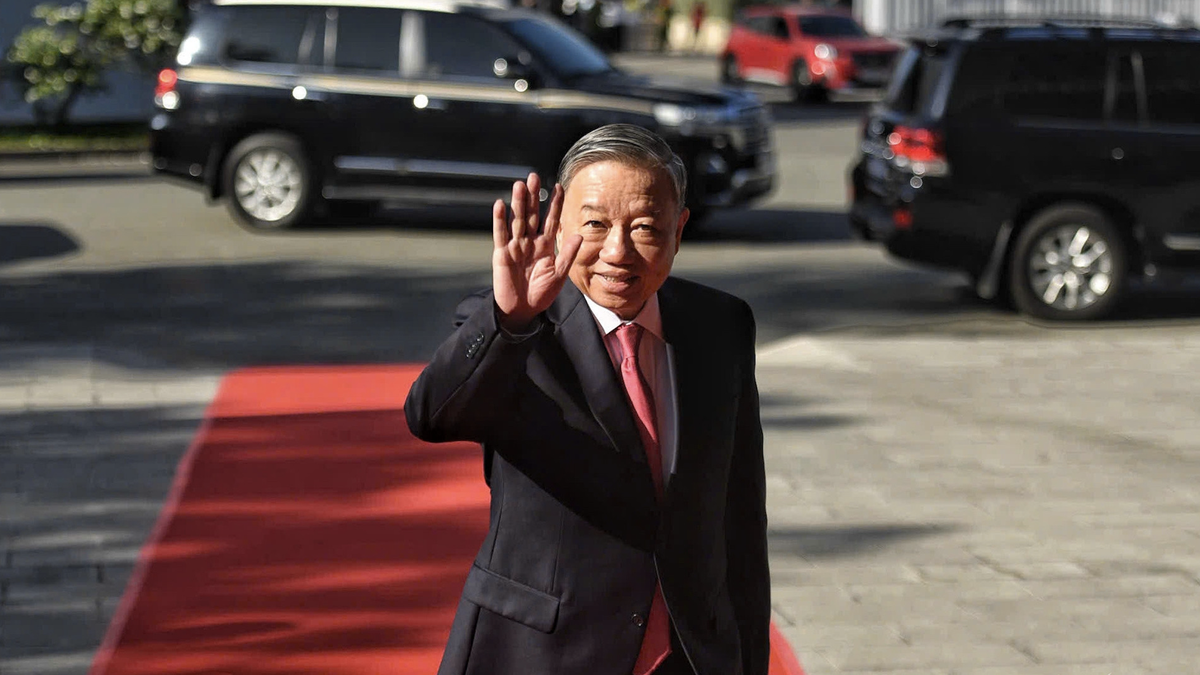




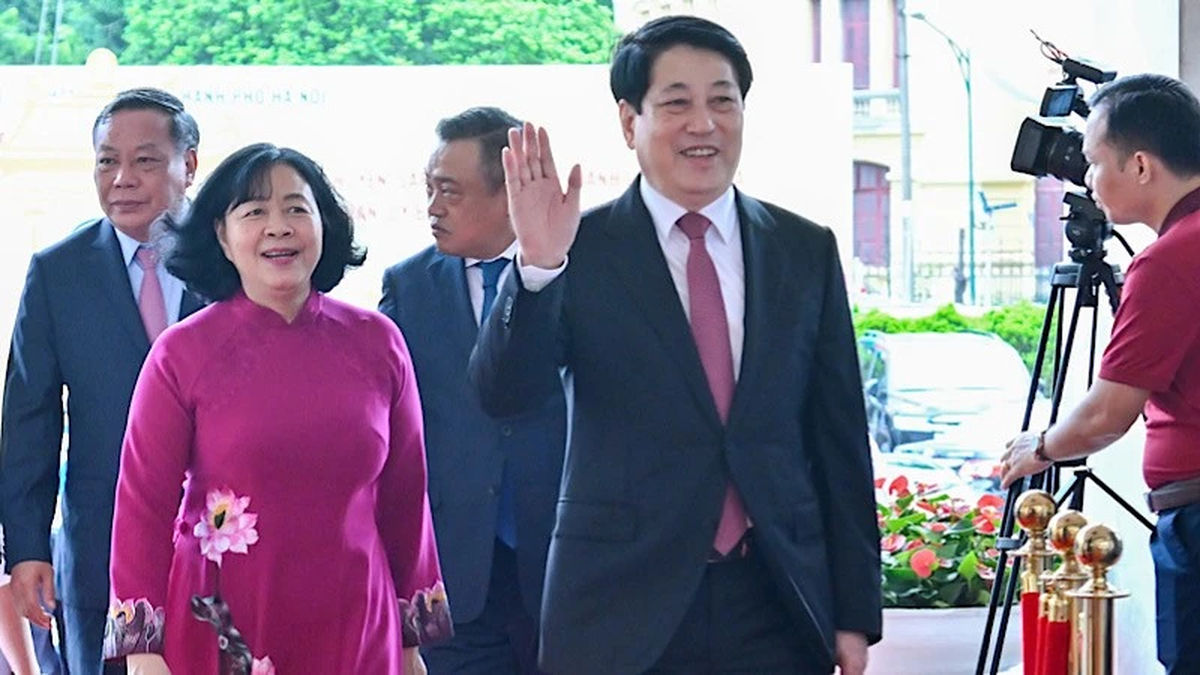
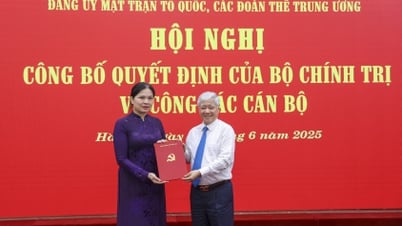




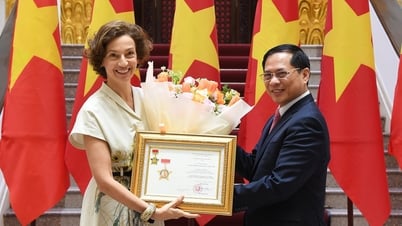
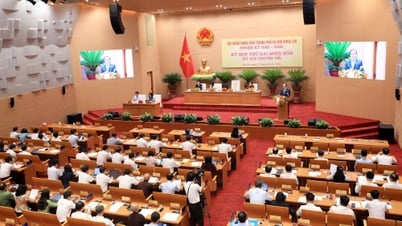




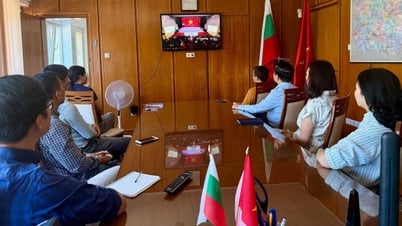



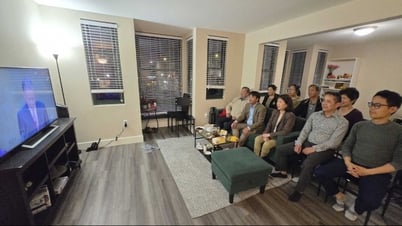
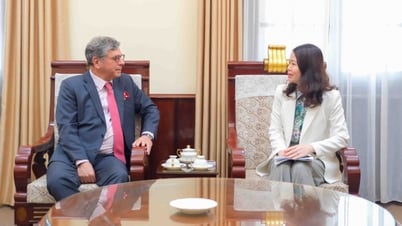


























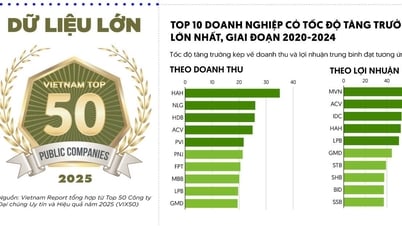





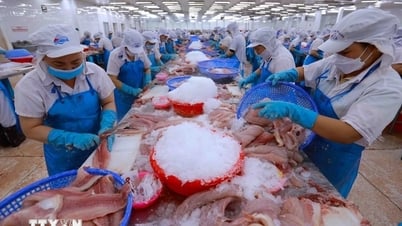







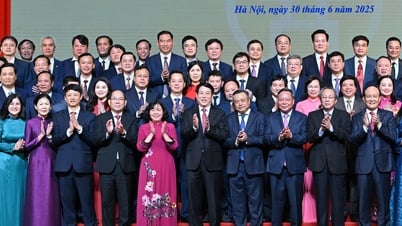


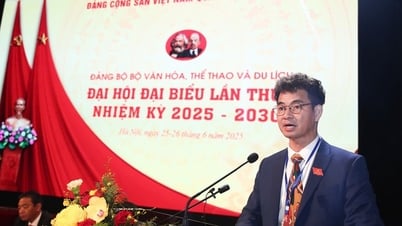























Comment (0)